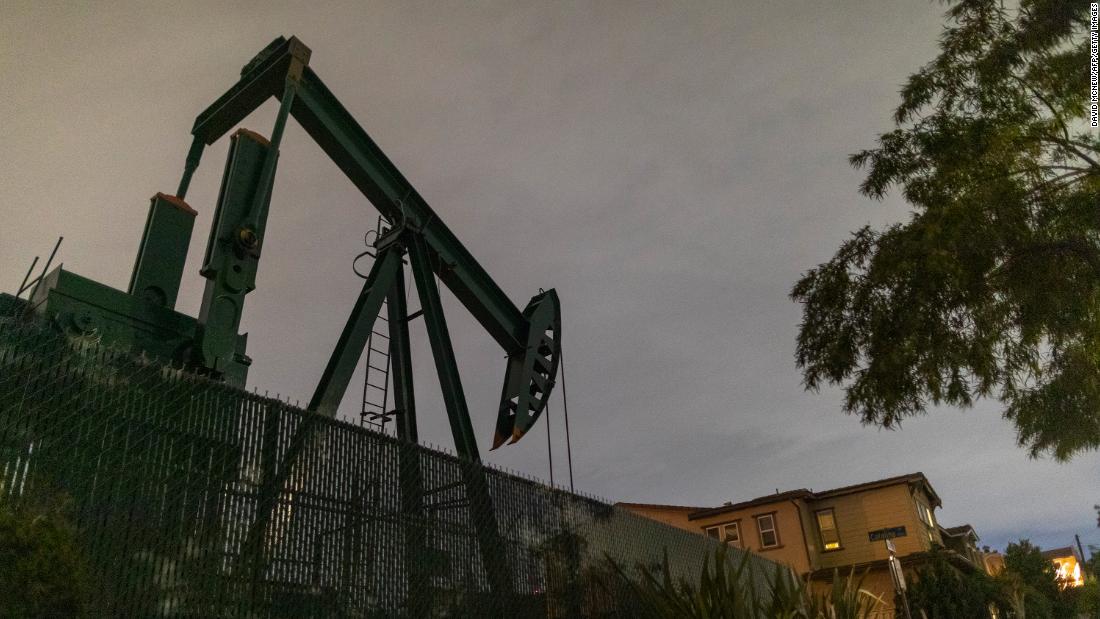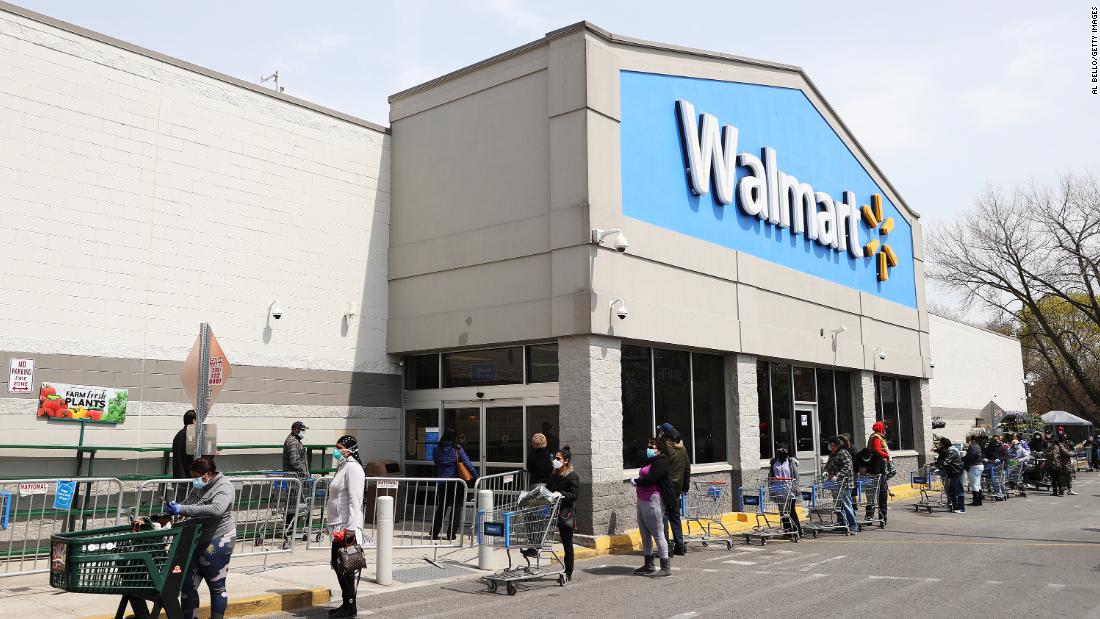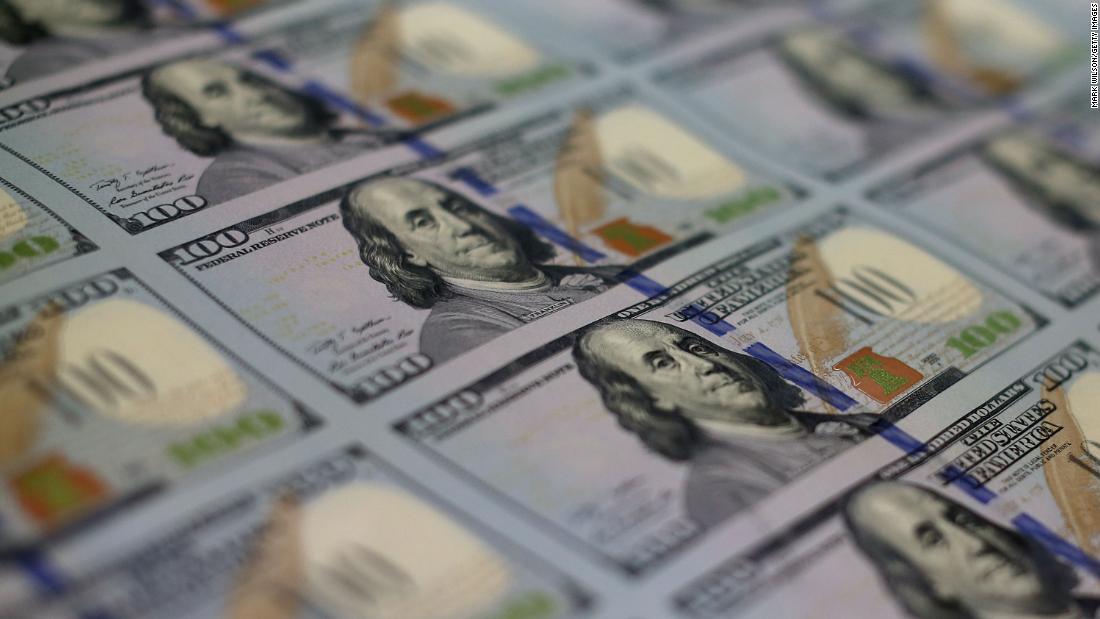
US oil prices turned negative Monday for the first time ever as the great oil crash of 2020 took a bizarre turn.
Crude finished at -$37.63 a barrel, marking the only time it has gone below zero since oil futures began trading on NYMEX in 1983.
The historic collapse shows just how terribly oversupplied the oil market has become. There are real fears that the world will soon run out of places to store barrels.
Producers are essentially PAYING to get rid of their barrels.
Part of the reason oil was so volatile is that trading volume was very light in the May contract, which expires Tuesday. That low liquidity set the stage for the unusual scenario of negative prices.
Although the May contract turned negative, the June contract was still trading above $20 a barrel. Brent crude, the world benchmark, traded above $25.
Crude finished at $18.27 a barrel on Friday, meaning they collapsed by more than 200% in one day.










